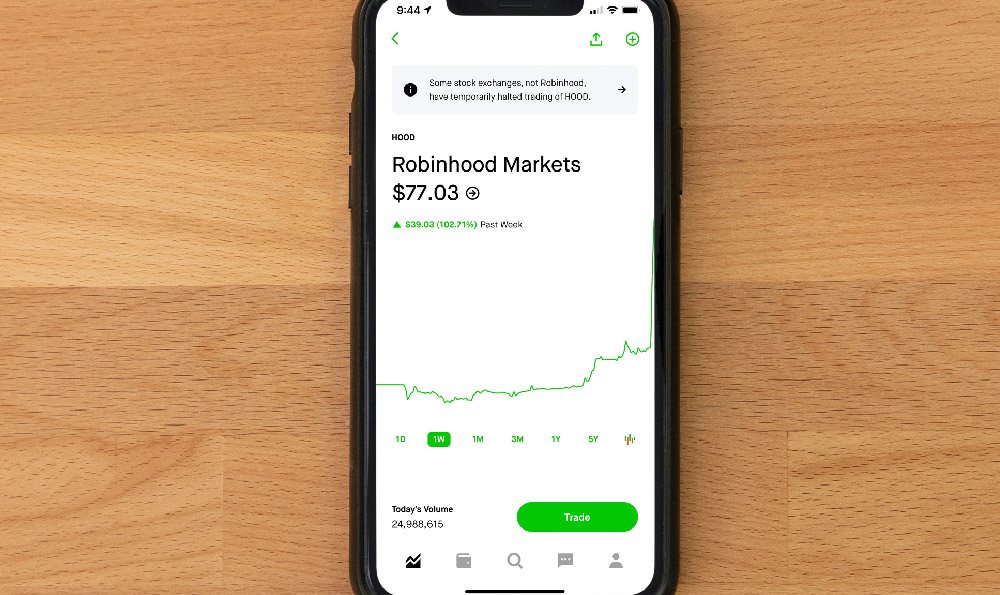Podcaster Earnings: How Much Money Do You Make?
Podcast earnings have become a significant topic for creators and investors alike, reflecting the growing influence of audio content in the digital landscape. As platforms like Spotify, Apple Podcasts, and YouTube continue to expand their reach, the potential for monetization has evolved beyond traditional models. The amount of money a podcaster can make depends on multiple variables, from their audience size to the type of content they produce, and their strategic approach to leveraging the medium. Understanding these factors is essential for anyone looking to enter or expand within this dynamic industry.
The financial success of a podcast is often tied to its audience demographics and engagement levels. A well-produced show with niche expertise or entertainment value can generate substantial income, particularly when it comes to sponsorships and advertising deals. Creators with a strong following may secure contracts that pay per thousand downloads or based on listener retention, which can vary widely depending on the platform. For example, a podcast targeting a specific industry might attract corporate sponsors willing to invest more for targeted reach. However, the average income for an independent podcaster remains relatively modest, with many earning less than $500 per month.
One of the primary monetization strategies involves advertising. Popular podcasts often receive offers from brands seeking to advertise within their content, which can be segmented into different payment models. Some advertisers pay flat fees for a single promotion, while others use the Cost Per Mille (CPM) structure, where creators earn money based on the number of listeners. This method is common on platforms like YouTube and Spotify, where ad placements are algorithmically determined. Additionally, podcasters may incorporate affiliate marketing links, directing listeners to purchase products or services while earning a commission. This approach requires a balance between maintaining audience trust and strategically promoting relevant offers.

Beyond traditional avenues, subscription-based models have gained traction as a sustainable alternative. Many podcasts now offer exclusive content to listeners who pay a monthly fee, creating a recurring revenue stream. This model is particularly effective for creators with loyal fans, as it allows them to cater to a niche audience while securing a steady income. Platforms like Patreon have simplified the process of establishing such models, enabling creators to set tiered pricing structures and offer rewards in exchange for support. However, the success of this method depends on the ability to deliver consistent value, which can be challenging for solo creators.
Product sales and crowdfunding represent additional opportunities for monetization. Independent podcasters often launch their own merchandise or digital products, such as e-books, courses, or templates, to diversify their income sources. This approach requires careful planning, including market research to determine what appeals to the audience. Crowdfunding platforms like Kickstarter or Indiegogo have also been used to finance podcast projects, though this method is more common for niche or experimental content rather than ongoing revenue generation.
The type of content itself plays a critical role in determining income potential. Educational podcasts, for instance, may rely heavily on affiliate marketing or sponsored links, while entertainment-focused shows often attract a wide range of advertisers. Niche topics with high engagement, such as technology, health, or self-development, tend to attract more lucrative sponsorships. The production quality and consistency of the content also influence its marketability, as audiences are more likely to support creators who deliver high-value, well-structured episodes.
For podcasts with a global audience, revenue streams can include international sponsorships, language-specific ads, or cross-border collaborations. This opens opportunities for creators to tap into multiple markets and diversify their income sources. However, navigating different regional regulations and cultural nuances requires additional effort, making this model more complex for newcomers.
The industry's growth has also led to the emergence of new revenue models, such as content licensing and distribution agreements. Creators who produce high-quality content may sell their podcast to other platforms or distributors, generating income through royalties. This method is often used for serialized content with ongoing demand, such as true crime or narrative-based shows. However, it requires a long-term commitment and may involve sharing creative control with third parties.
Ultimately, the income potential of a podcaster is not fixed, and it evolves as their audience grows and their strategies adapt. While some creators may struggle to generate consistent revenue, others have built thriving businesses through a combination of advertising, sponsorship, and direct engagement with their listeners. The key to success lies in understanding the diverse monetization options available, aligning them with the podcast's unique value proposition, and continuously refining the content to meet audience needs.
As the podcasting industry continues to mature, it is likely that more advanced monetization tools will emerge, offering creators new ways to maximize their earnings. The growing presence of artificial intelligence in content creation could also impact income models, providing opportunities for automation and scalability. However, regardless of technological advancements, the foundation of a successful podcast remains rooted in quality content, audience engagement, and strategic planning.
For those looking to monetize their podcasting efforts, the most effective strategy involves diversifying income sources and exploring opportunities that align with their audience's preferences. While advertising and sponsorships remain the primary revenue generators, creators should also consider subscription models, product sales, and crowdfunding as viable alternatives. By maintaining a balance between creativity and commercialization, and by continuously evaluating their financial strategies, podcasters can position themselves for long-term success in a competitive market.
The journey to financial stability through podcasting is not straightforward, but it is achievable with dedication and a well-thought-out plan. As the industry continues to evolve, revenue models will adapt to reflect changing audience behaviors and technological innovations. For aspiring podcasters, the importance of understanding the financial landscape cannot be overstated, as it is the key to translating passion into profit. The real question is not just how much money one can make, but how to strategically maximize that potential while maintaining the integrity of the content.















